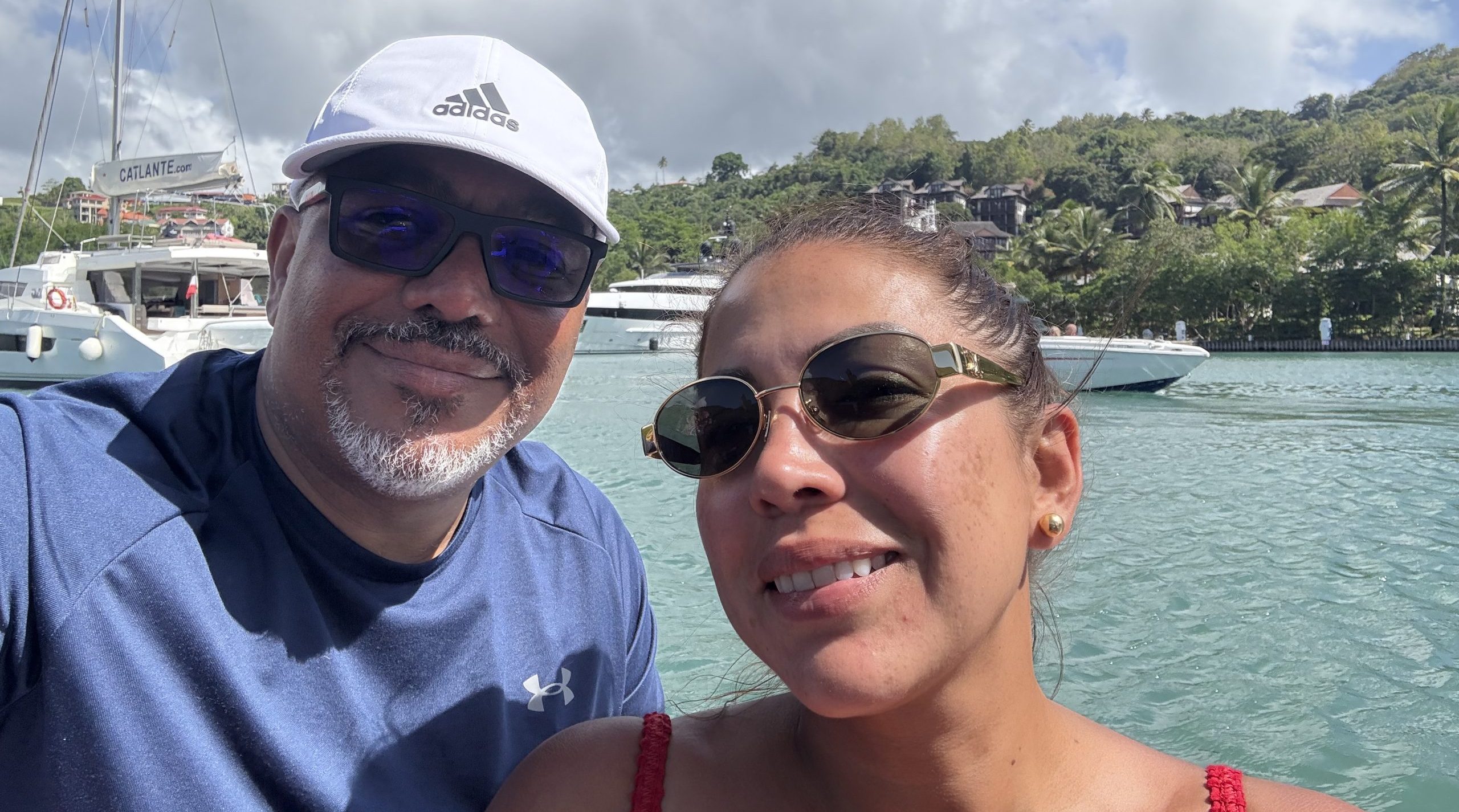Bradley Vercosa is a seasoned disaster recovery specialist based in Wellington, Florida, with over 30 years of experience in water damage restoration, mold remediation, and biohazard cleanup. He began his career at the age of 21 and quickly became a trusted name in the industry, eventually becoming the owner of SuperClean Restoration of The Palm Beaches LLC.
Bradley’s restoration career spans multiple states and includes high-profile projects such as hurricane relief efforts in Florida, Texas, and North Carolina, as well as recovery operations at the Pentagon and the World Trade Center area following the 9/11 attacks. Born in New York and raised between the U.S. and Brazil, Bradley carries with him the grit of New York’s streets and the heart of Brazilian resilience. A former youth soccer coach and lifelong fan of the sport, he values teamwork, discipline, and readiness—principles that define both his personal life and his professional path.
We sat down with Bradley to dig into the unseen layers of the restoration business, what motivates him, and why he still picks up the phone every time it rings.
What’s the biggest misconception people have about water damage restoration?
Most people think it’s about drying things out and patching up what’s visible. But it’s not just a wet carpet or a warped floorboard. Water damage goes deep, especially if you don’t catch it early. It affects your air quality, your walls, your foundation. You may not see it today, but three months later you’ve got mold, structural decay, and possibly health issues.
Restoration isn’t about making something look okay—it’s about making it safe, livable, and sustainable again.
How Disaster Restoration Can Help Preserve Property Value After a Crisis
What drew you to this line of work in the first place?
To be honest, I didn’t grow up thinking I’d be in this business. I started as a car mechanic at 15. I liked fixing things with my hands. But I didn’t see a future in it for myself. At 21, someone brought me onto a restoration job. I didn’t even know what “disaster recovery” meant. But I liked the pace, the urgency, and the fact that what I was doing mattered. I was helping people get back to normal.
That was the hook—knowing my work made a real difference.
What’s a project you’ll never forget?
9/11. No question. We were brought in as part of a larger effort to clean up the Pentagon and the World Trade Center area. That wasn’t just a job—that was a responsibility. You could feel the weight of it. You’re walking into a space where history just happened, and your job is to help restore some form of order.
That changed the way I viewed this work. It made me realize that restoration is about more than fixing buildings. It’s about helping people begin to heal.
Do you think people undervalue what you do?
Definitely. Not intentionally. Most people just don’t think about restoration until they’re knee-deep in water. It’s not glamorous. There’s no ribbon-cutting ceremony for a dry wall. But that’s fine by me. I’m not in this for recognition. I’m in it because I know what happens when this work doesn’t get done right.
When I do my job, families sleep better. Businesses reopen. That’s all the validation I need.
What personal values do you bring into your business?
Responsibility. I don’t make excuses. If a client calls at 2 a.m. because their basement is flooding, I don’t ask them to call back during business hours. I show up. I lead from the front.
I’ve also learned to be calm under pressure. Restoration is chaotic. People are stressed, scared, and sometimes angry. You need to be the steady hand that brings order to the situation.
And finally, respect. For the home, for the people, for the process.

How has technology changed the restoration industry?
It’s been a game-changer in many ways. Moisture meters, thermal imaging, real-time air quality monitors—they help us locate hidden water, track mold risks, and document everything for insurance.
But I’ll say this: no piece of equipment replaces experience. You still need someone who can walk into a room and know, by smell, by feel, what’s going on. A machine can give you numbers, but only a person can interpret them in the right context.
What’s the worst-case scenario when people delay restoration?
I’ve seen mold infestations that spread from a small leak in the laundry room to the entire HVAC system. I’ve seen ceilings collapse because water sat too long above them. The worst part is when people develop health issues—respiratory problems, skin reactions, even long-term illnesses—because they didn’t realize how dangerous trapped moisture can be.
Time is everything in this line of work. The longer you wait, the more expensive and dangerous the outcome.
What motivates you to keep going after all these years?
I still love the work. I love problem-solving. I love walking into a mess and figuring out how to make it right. Every job is different. Every challenge teaches you something new.
But mostly, it’s the people. When someone thanks you because you helped save their home or get their business back up and running, that sticks with you. It’s a human business, more than anything.
How do you deal with the emotional toll of the job?
You learn to compartmentalize. You have to stay focused. But I’m not made of stone. Some jobs hit you harder than others—especially when kids are involved or when people lose irreplaceable things.
That’s where soccer comes in. I’ve coached youth teams here in Wellington for years. Being out on the field, focusing on the game, helping kids grow—that gives me balance. It reminds me there’s still joy and normalcy in the world, even when my work brings me face-to-face with chaos.
Do you think your background influenced how you approach this business?
Definitely. Being born in New York and spending time in Brazil taught me how to adapt quickly and work hard. In Brazil, you see people do a lot with very little. That resourcefulness stuck with me.
In New York, you hustle. You’re taught to show up, even when it’s hard. That mindset helped me build my business. I don’t wait around. I go after the solution.
What advice would you give to someone starting out in restoration today?
Don’t chase the money—chase the knowledge. Learn the trade, get certified, shadow experienced techs, and pay your dues. Too many people jump in thinking it’s easy money because the jobs can be high-ticket. But if you don’t know what you’re doing, you can make a bad situation worse—and cost the client even more.
Also, show up. That’s 80% of it. Be dependable. Answer your phone. People don’t forget when you save the day.
Is there anything about the industry you wish would change?
Yes—more education for homeowners. Most people don’t know how to shut off their water main. They don’t understand how fast mold grows. I’d love to see more outreach, more tools to empower people to take quick action when something goes wrong.
Also, I’d like to see more recognition for the workers in this space. It’s hard, dirty, technical work, and it deserves respect.
Final thoughts?
Water damage doesn’t knock politely. It kicks the door in. But it doesn’t have to ruin your life.
If there’s one thing I want people to understand, it’s this: act fast, and you can avoid disaster. Restoration isn’t just cleanup—it’s protection. For your home, your health, and your peace of mind.
And if I’ve learned anything in 30 years of doing this—it’s that the sooner you face the mess, the sooner you get your life back.

